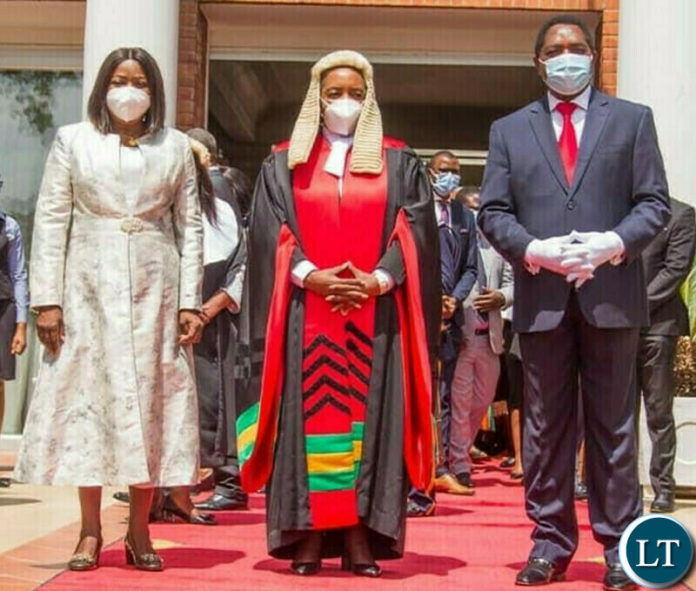HH’s State of the Nation: A Masterful Audit of Progress, But the People’s Ledger Tells Another Story
Lusaka Times Edotor
President Hakainde Hichilema’s address to the opening of the Fifth Session of the National Assembly was a tour de force of political storytelling. It was a speech meticulously engineered for two audiences: the international financial community and the domestic voter, with a keen eye on the August 2026 election.
For the first group, it was a compelling prospectus. The President, a former businessman, presented Zambia Inc.’s audited results: GDP growth tripled, debt restructuring at 92% complete, and foreign direct investment flooding into mining and agriculture. The numbers—3.7 million metric tonnes of maize, 2.2 million tourists, a booming Lusaka Securities Exchange—were deployed like artillery shells, meant to obliterate any lingering doubt about the nation’s economic credibility. On this macro level, the New Dawn administration can rightly claim significant, even historic, success. The resolution of the KCM and Mopani sagas alone are legacy-defining achievements.
However, for the second audience,the ordinary Zambian—the speech may have resonated with a different frequency. The President’s ledger is one of national aggregates; the people’s ledger is one of daily realities. And therein lies the central paradox of this administration.
There is no denying the tangible progress. The expansion of the Social Cash Transfer, the recruitment of teachers and health workers, and the visible impact of the enhanced CDF in communities are not mere talking points. They are lifelines for millions. The President’s tribute to the nation’s farmers was well-deserved; their resilience has been the country’s greatest shield against hunger.
Yet, a state of the nation address is also judged by its treatment of the nation’s most pressing crisis. The President’s approach to the electricity catastrophe was telling. He expertly framed it as a historical inheritance, a problem festering for 57 years. While factually correct, this narrative is a fragile shield after four years in power. Acknowledging the “pain and frustration” is a necessary political palliative, but the detailed plans for solar projects and future capacity do little for the market vendor whose goods are spoiling or the student who cannot study tonight.
This is the tightrope the UPND walks. The macro-economy is healing, but the micro-economy of household survival is under severe strain. The Kwacha’s stability is a headline in the business section; the price of mealie meal is a conversation in every kitchen. The President’s absolute declaration, “When we promise, we deliver,” is a powerful slogan. But its potency will be measured not by the applause in the National Assembly, but by the presence of a stable, affordable power supply in the townships of Kanyama, Chawama, and Matero.
Politically, the speech was astute. The heartfelt tribute to the late President Edgar Lungu was a necessary gesture of national unity, aiming to cool the political temperature. The relentless branding of every achievement under the “UPND New Dawn” banner leaves no room for ambiguity about who claims credit.
In the final analysis, President Hichilema presented a confident case for continuity. He has stabilised the patient and is now prescribing a course of aggressive treatment for growth. The speech was a powerful argument that the foundation for a prosperous Zambia is being laid.
But foundations are, by their nature, unfinished and uncomfortable to live on. The question for 2026 will be whether a majority of Zambians feel the construction has progressed enough to provide them with shelter from the storm, or if the ongoing discomfort of life on a building site will lead them to consider a different architect. The numbers in the speech are impressive, but the number that matters most the votes will be counted next August.


